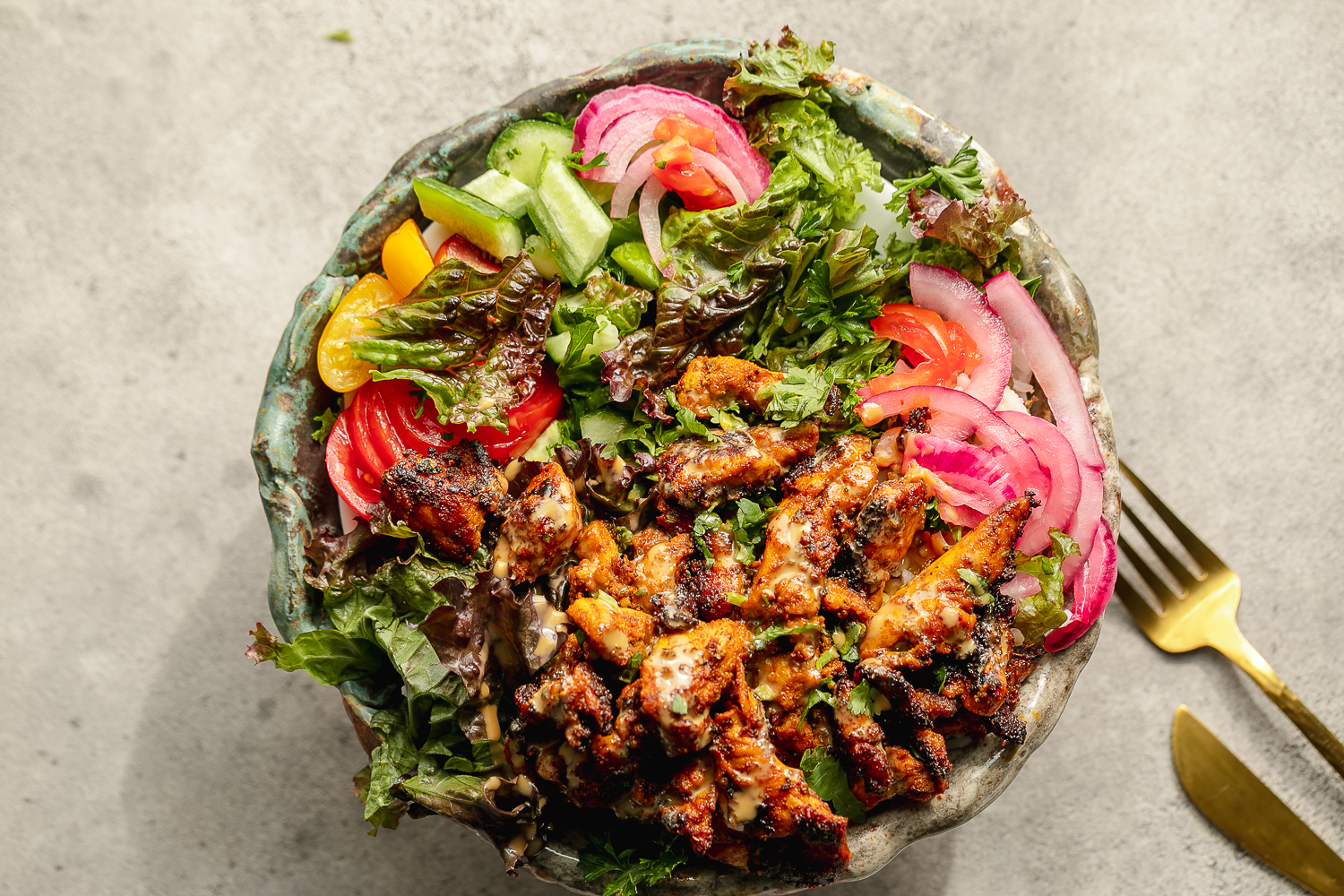Opening Insights
Achieving long-term health and weight goals requires a diet plan tailored to your unique needs. Personalized diet plans go beyond generic solutions, considering individual lifestyles, metabolic rates, and health objectives. This comprehensive guide outlines the steps to create a diet plan that supports sustainable results while enhancing overall well-being.
The Foundation of Personalization
Personalized diet planning begins with understanding your unique health profile. Factors like age, gender, activity level, medical history, and dietary preferences shape the optimal plan for you.
Key Steps to Lay the Groundwork:
- Assess Current Habits: Track your daily food intake for a week, including portion sizes and meal timings.
- Identify Nutritional Needs: Use tools or professional consultations to determine macronutrient and micronutrient requirements.
- Set SMART Goals: Define objectives that are Specific, Measurable, Achievable, Relevant, and Time-bound.
Pro Tip:
Incorporate a food diary or nutrition tracking app to gain insights into caloric intake and identify improvement areas.
Understanding Your Body’s Needs
Each individual’s nutritional needs differ based on metabolism, activity level, and specific health conditions. Nutritionists recommend calculating your Basal Metabolic Rate (BMR) and Total Daily Energy Expenditure (TDEE) to set a calorie target.
Steps to Determine Nutritional Baselines:
- Calculate BMR using the Harris-Benedict equation.
- Adjust TDEE based on activity levels (e.g., sedentary, moderately active, highly active).
- Align calorie goals with desired outcomes:
- Calorie deficit for weight loss.
- Maintenance calories for weight stability.
- Calorie surplus for muscle gain.
Example:
A moderately active individual with a BMR of 1,800 calories might require 2,500 calories daily for maintenance and a 500-calorie deficit (2,000 calories/day) for weight loss.
Choosing the Right Dietary Framework
Selecting a dietary framework that aligns with your health goals and lifestyle is critical. While personalization allows for flexibility, certain established diets offer structured starting points.
Popular Frameworks:
- Mediterranean Diet: Ideal for heart health and balanced nutrition.
- Ketogenic Diet: Effective for rapid fat loss and blood sugar regulation.
- Plant-Based Diet: Focused on ethical and sustainable eating.
- Intermittent Fasting: Structured eating windows for improved metabolism.
- DASH Diet: Designed for managing hypertension and promoting overall health.
How to Decide:
- Prioritize sustainability and adaptability over trends.
- Consider cultural and culinary preferences to ensure adherence.
Balancing Macronutrients
Macronutrients (carbohydrates, proteins, and fats) play a crucial role in a balanced diet. Personalizing their distribution helps optimize energy levels, muscle recovery, and fat loss.
Macronutrient Guidelines:
- Protein: 10–35% of daily calories. Sources include lean meats, tofu, and legumes.
- Carbohydrates: 45–65% of daily calories, focusing on complex carbs like whole grains and vegetables.
- Fats: 20–35% of daily calories, emphasizing healthy fats such as avocado and olive oil.
Practical Tips:
- Balance each meal with a mix of macronutrients for sustained energy.
- Use tools like MyFitnessPal to monitor macronutrient intake.
Meal Planning and Preparation
Effective meal planning simplifies adherence to a personalized diet. Preparing meals in advance ensures you meet your nutritional goals while avoiding unhealthy choices.
Steps to Successful Meal Prep:
- Plan Ahead: Create a weekly menu focusing on nutrient-dense foods.
- Batch Cooking: Prepare large portions to save time and reduce stress.
- Portion Control: Use containers to pre-portion meals and snacks.
Sample Meal Plan:
- Breakfast: Greek yogurt with berries and chia seeds.
- Lunch: Grilled chicken salad with olive oil and lemon dressing.
- Dinner: Baked salmon with quinoa and steamed broccoli.
- Snacks: Carrot sticks with hummus; a handful of almonds.
Adapting to Your Progress
A personalized diet plan is not static. Regular assessments and adjustments ensure continued progress toward your goals.
Monitor Key Metrics:
- Weight and body measurements.
- Energy levels and mood.
- Performance in physical activities.
Adjustments to Consider:
- Modify calorie intake based on changes in activity level or weight loss progress.
- Rotate foods to prevent boredom and ensure diverse nutrient intake.
When to Seek Professional Guidance
Nutritionists and dietitians provide invaluable support for crafting and fine-tuning diet plans. Professional guidance is particularly beneficial for managing medical conditions, addressing nutrient deficiencies, or achieving complex goals.
Benefits of Professional Support:
- Tailored advice based on medical and nutritional expertise.
- Ongoing support for maintaining accountability.
- Strategies for overcoming dietary challenges.
Closing Thoughts
Creating a personalized diet plan empowers you to take control of your health and well-being. By focusing on tailored goals, nutritional balance, and adaptability, you can achieve sustainable results while enjoying the process. Remember, the key to success lies in consistency, self-awareness, and a willingness to adjust as needed. With the right plan in place, your health goals are within reach.
Relevant Links/Sources:





